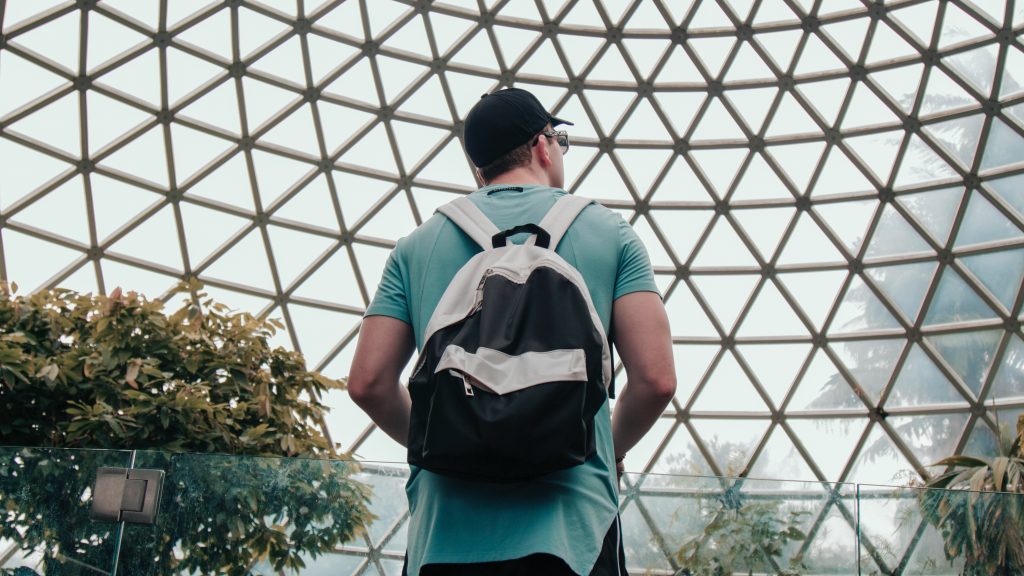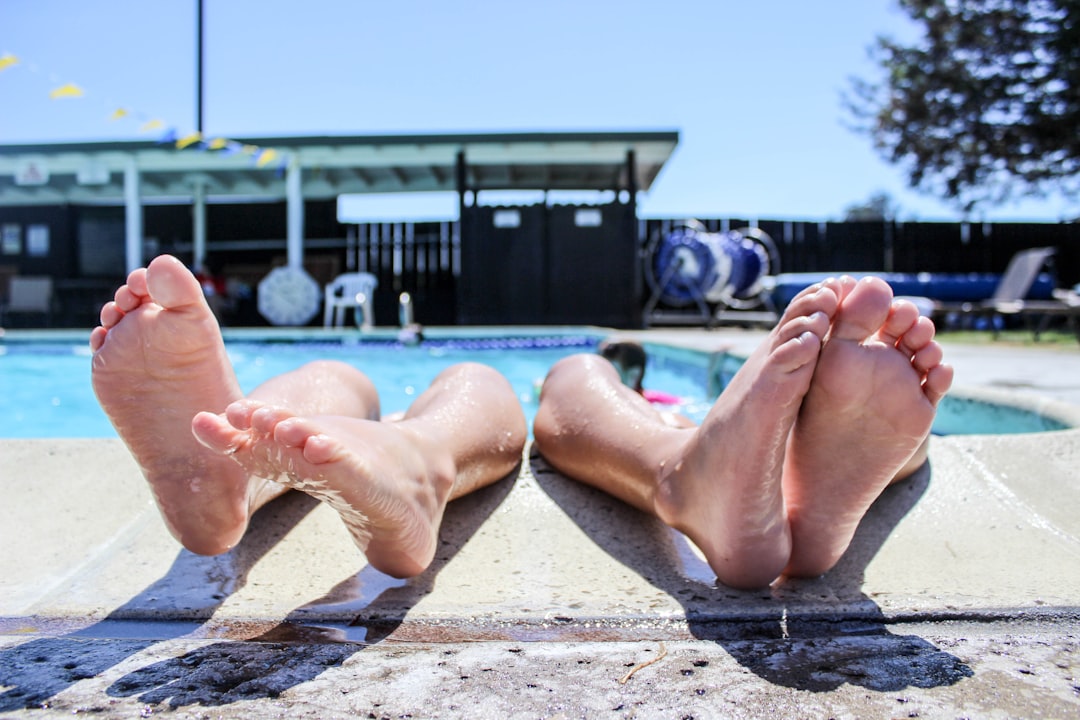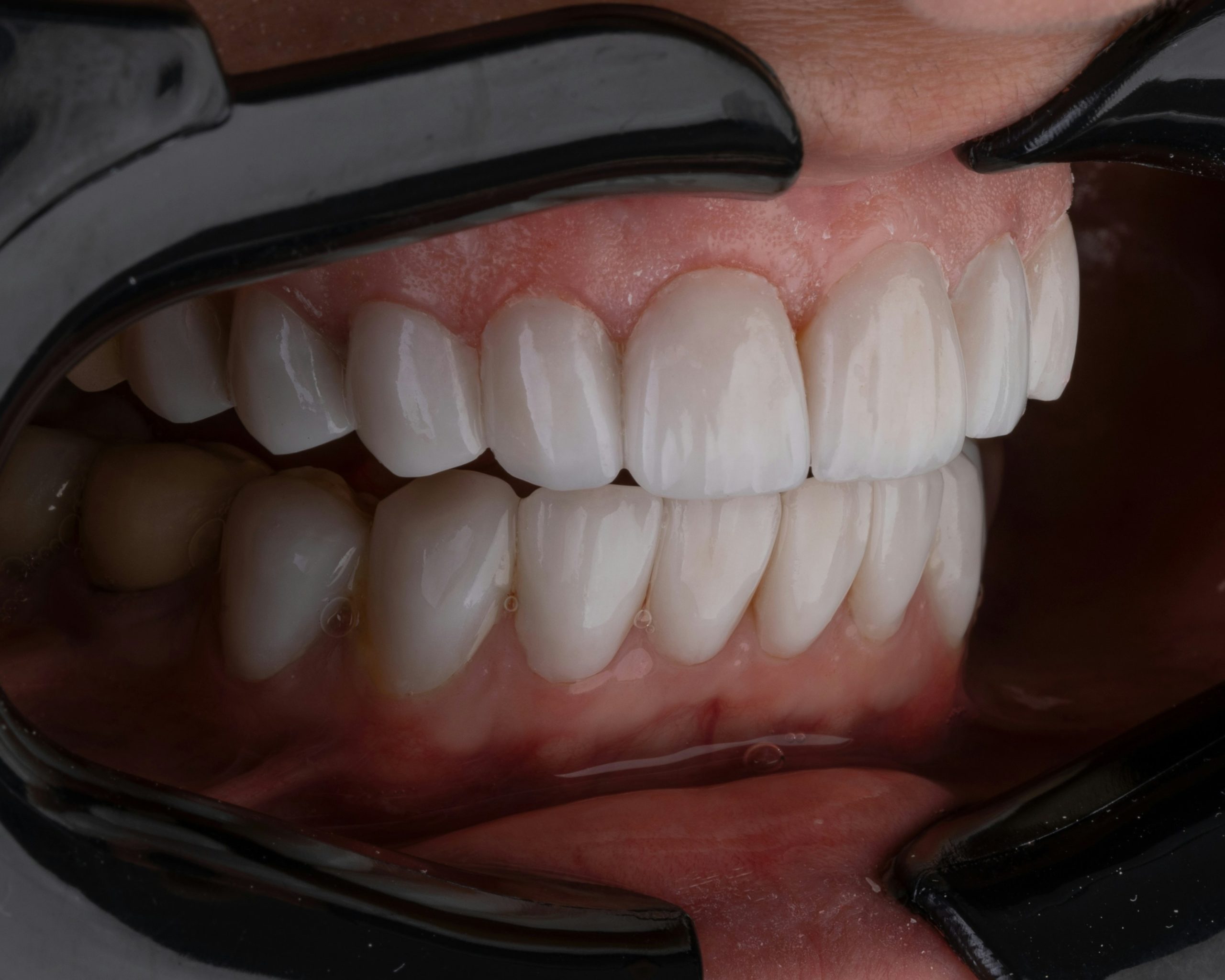Choosing the right student accommodation is a crucial part of preparing for university life. For students heading to Brisbane, understanding the costs associated with various types of accommodation can help in making an informed decision. Whether you are a local or an international student, this guide will provide a comprehensive breakdown of the costs involved in student accommodation in Brisbane.

Types of Student Accommodation in Brisbane
Before diving into the costs, it’s essential to understand the different types of student accommodation available in Brisbane. Each type offers unique benefits and challenges, catering to diverse student needs and preferences.
University-Managed Accommodation
University-managed accommodations are properties owned and operated by universities. These can be situated on-campus, providing immediate access to university facilities, or off-campus, offering a more independent living experience.
Benefits of University-Managed Accommodation
Living in university-managed accommodation can foster a strong sense of community and ease the transition into university life. These accommodations often host social events and offer support services tailored to student needs. Additionally, they provide a high level of security and maintenance, allowing students to focus on their studies.
Potential Drawbacks
While convenient, university-managed accommodations can be more expensive than other options. They may also impose stricter rules regarding visitors, noise levels, and room personalization, which might not appeal to all students.
Private Student Accommodation
Private student accommodation consists of purpose-built student apartments managed by private companies. These accommodations often feature modern amenities, such as gyms, study rooms, and social areas, designed to enhance student life.
Advantages of Private Student Accommodation
Private accommodations often provide a luxurious living experience with state-of-the-art facilities and flexible lease terms. They are usually located close to university campuses or public transport links, making commuting straightforward and convenient.
Considerations to Keep in Mind
The cost of private student accommodation can vary significantly based on location, amenities, and room type. While offering premium facilities, these accommodations might lack the community atmosphere found in university-managed housing.
Shared Rentals
Shared rentals involve renting a room in a house or apartment with other students. This can be a more affordable option but requires more effort in finding and managing the rental agreement.
Benefits of Shared Rentals
Shared rentals often provide the most cost-effective housing solution for students. They allow students to split rent and utility costs, reducing individual financial burdens. Moreover, living with housemates can foster friendships and create a supportive living environment.
Challenges of Shared Rentals
Finding a suitable shared rental can be time-consuming and may require careful consideration of housemate compatibility. Students must also be proactive in managing bills, cleaning schedules, and house rules to ensure a harmonious living situation.
Homestay
Homestay arrangements involve living with a local family, providing a unique cultural experience along with accommodation.
Cultural Immersion and Support
Homestays offer students an opportunity to immerse themselves in the local culture and language. Living with a family provides additional support and guidance, which can be particularly beneficial for international students adjusting to a new country.
Financial Aspects
While homestays can be more inclusive, covering meals and utilities, they may also come with restrictions on independence and privacy. It is essential for students to discuss expectations with their host family upfront.
Additional Costs to Consider
When budgeting for student accommodation in Brisbane, it’s essential to consider additional costs that may not be included in the weekly rent.
Utilities
Utilities such as electricity, water, and gas can add an extra $20 to $40 per week if not included in the rent. These costs can fluctuate based on usage and the number of housemates sharing the expenses.
Internet
Internet costs can range from $10 to $20 per week. Students should explore different internet service providers to find the best deals and speeds available in their area.
Groceries
Expect to spend around $50 to $100 per week on groceries, depending on your eating habits and dietary preferences. Buying in bulk and cooking at home can help reduce costs.
Transportation
Public transport costs can vary, but students can benefit from discounted fares. Budget around $20 to $30 per week for transportation, and consider purchasing a student travel card for additional savings.
Cost of Living in Brisbane
In addition to accommodation costs, understanding the overall cost of living in Brisbane is crucial for budgeting. The cost of living in Brisbane is relatively moderate compared to other major Australian cities like Sydney and Melbourne.
Monthly Expenses Breakdown
Here’s a rough breakdown of monthly expenses for a student living in Brisbane:
Accommodation
Depending on the type of accommodation chosen, costs can range from $600 to $2400 per month. It’s important to factor in location and amenities when evaluating accommodation options.
Utilities and Internet
Budget approximately $80 to $160 for utilities and $40 to $80 for internet each month. These expenses can vary based on usage and service providers.
Groceries and Transportation
Expect to spend about $200 to $400 on groceries and $80 to $120 on transportation. Planning meals and using public transport efficiently can help manage these costs.
Entertainment and Miscellaneous
Allocate around $100 to $200 for entertainment and miscellaneous expenses, including dining out, hobbies, and other personal expenditures.
Total Monthly Cost
Based on the above estimates, the total monthly cost of living in Brisbane for a student ranges from approximately $1100 to $3360. This can vary based on lifestyle choices and accommodation type.
Tips for Saving on Student Accommodation
To help manage the costs of student accommodation in Brisbane, consider these tips:
Book Early
Securing accommodation early can help you find better deals and more options. University-managed accommodations and private student apartments often have limited availability, so early booking is advisable.
Share Accommodation
Sharing accommodation with other students can significantly reduce costs. Look for shared rentals or consider sharing a private student apartment to split the expenses.
Budget Wisely
Create a budget that includes all potential expenses, from rent and utilities to groceries and entertainment. Sticking to a budget can help you manage your finances effectively.
Utilize Student Discounts
Take advantage of student discounts on public transport, groceries, and entertainment. Many places in Brisbane offer discounts to students, which can help you save money.
Explore Part-Time Work Opportunities
Consider part-time work opportunities to supplement your income. Brisbane offers various student-friendly job options that can help cover living expenses and provide valuable work experience.
Conclusion
The cost of student accommodation in Brisbane varies depending on the type of housing you choose. University-managed accommodations and private student apartments tend to be more expensive but offer convenience and additional amenities. Shared rentals and homestays can be more affordable options but may require more effort in terms of finding and managing the accommodation.
By understanding the costs and budgeting accordingly, you can make an informed decision that suits your needs and financial situation. Remember to consider additional expenses such as utilities, internet, and transportation when planning your budget. With careful planning and smart choices, you can enjoy a comfortable and affordable living experience in Brisbane.





Leave a Reply